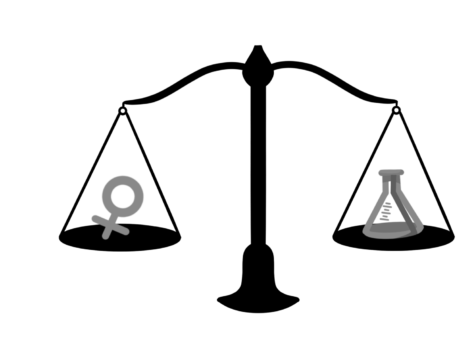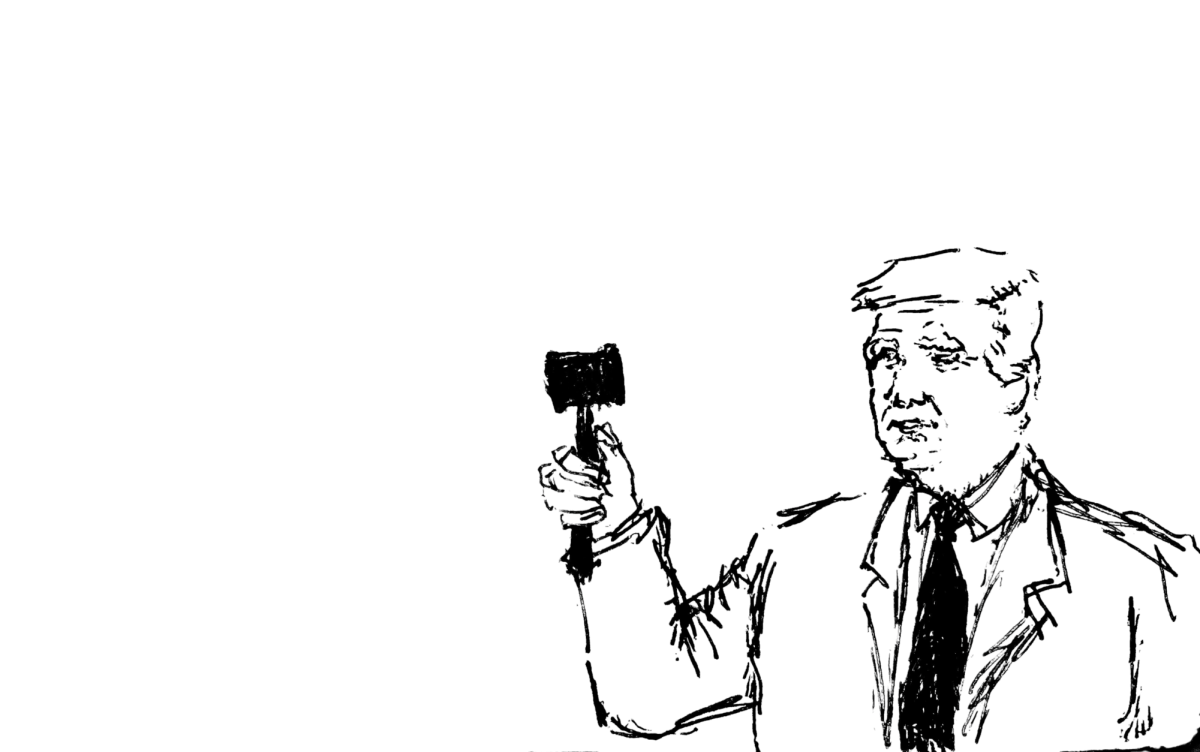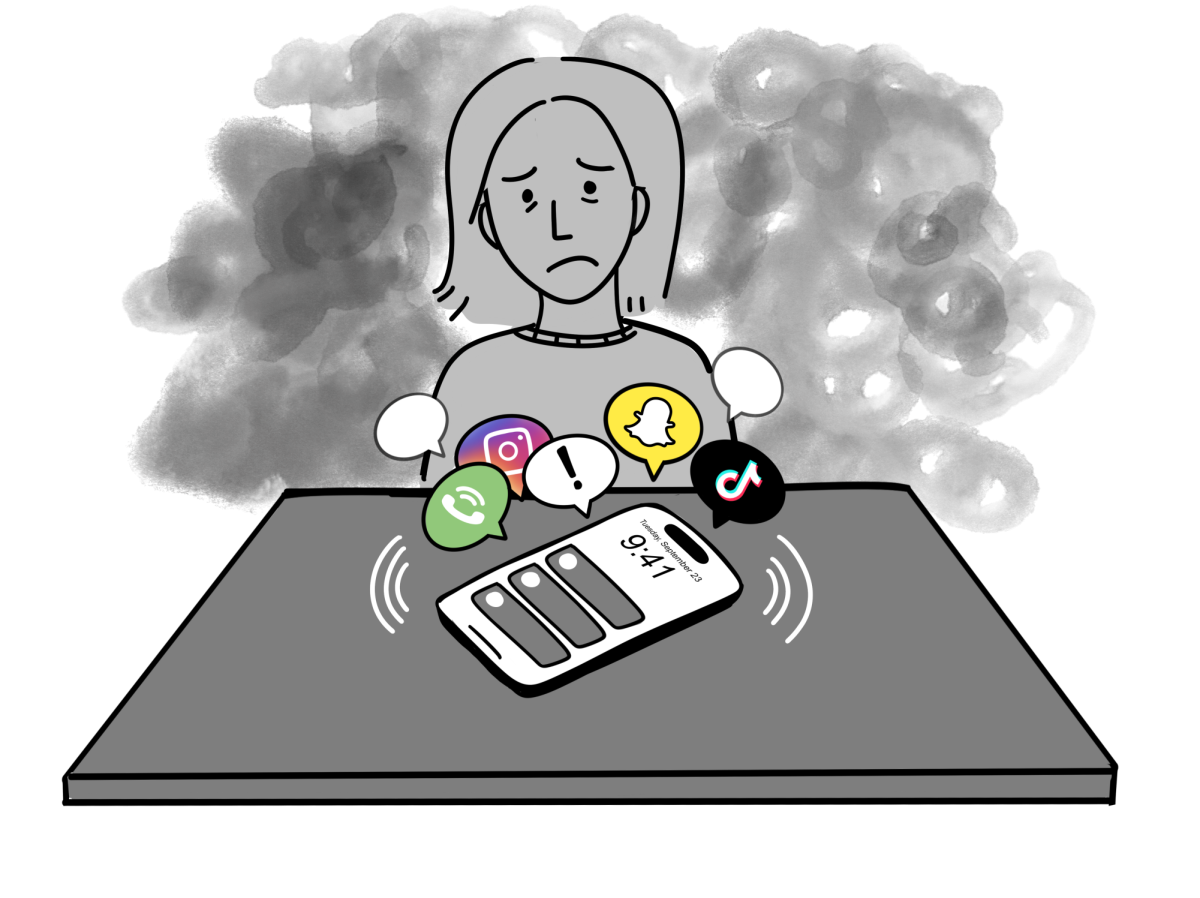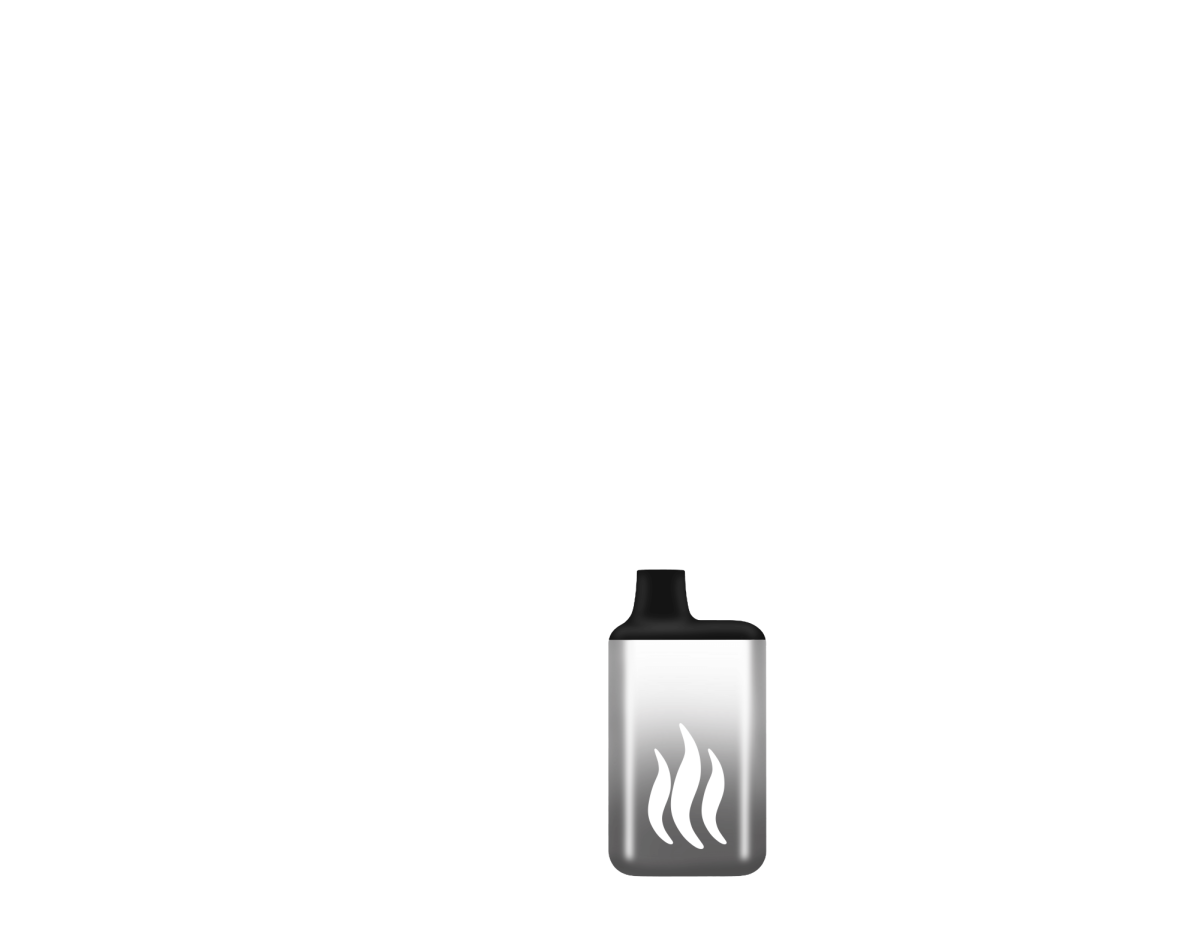I grew up in a very patriarchal family. Some readers may be too young to get this reference, but the character Archie Bunker from the sitcom All in the Family very much reminds me of my father. This very popular and sometimes controversial sitcom aired from 1971 to 1979. Archie, like my father, was stubborn, hard headed, misogynistic, often unreasonable, and lacking in empathy. He raised me and my two brothers to value his same beliefs and perspectives. During my formative years, my father was also my boss. He owned and operated a small family business. As a teenager, I had only ever known male bosses. College changed that. During my college years I worked under my first female. She was my supervisor for an after school and summer program for children-at-risk. My initial thought of “Phyllis” was one of doubt. Her credentials didn’t matter to me – she wasn’t a man. I treated her with the utmost respect, but for the first couple days I wasn’t convinced that I could learn anything…from a woman.

I was wrong. Dead wrong. More wrong than I ever knew I could be. Phyllis was a genius. I was amazed by her communication skills, leadership, knowledge, wisdom, and patience. I looked forward to every interaction with her because I knew I would walk away wiser. As a 20-something student, I learned more from her than any education psychology college course. Because of her, all of the false beliefs and perceptions I learned from my father dissolved into thin air.
Fast forward 28 years. I’ve been an educator for 27 years and a LM club advisor for 22 years. When starting our STEM club many years ago, diversity was one of my initial goals, but I didn’t know how to pursue that goal. However, I did recruit a female student from one of my classes and I asked her to consider not only joining the club, but also serving as one of its first officers as well. That first year, “Ryan” was our president in a STEM club of ten members: 9 males and 1 female (Ryan). Currently, with 70 members, the male to female ratio is about 2.5 to 1. The officer team gender ratio fluctuates from year to year. Currently there are two male officers and four female officers. I have to be honest – other than recruiting our first president and maybe some posters and Instagram posts about female STEM leaders, I didn’t take any dramatic action to increase equity in gender within the club. I just let it evolve – and it did. I would argue that the most common reason students join a club is an internal passion for a particular activity or sport. It’s not only a student thing – it’s a human thing. You do you. I do me. We do what we like.
All that said, this is where I specifically struggle with the author’s assertion that, “The issue is simple: there is very little gender diversity within clubs.” Not only do I not see this as an issue, but I’m not convinced that the author defends the claim. But, I want to hear more. I want to learn more. I want to grow in empathy and understanding. It’s something I learned from Phyllis so many years ago. The author also states that this lack of diversity often leads, “…to one gender dominating participation, leadership, and inclusion.” Semantics are important here. “Dominating” gives the impression of oppression and intentional bias – like Archie. But I don’t see it in our club. We may have our problems like all clubs do, but I don’t see an overt effort from any gender to “dominate” any aspects of our club. And, if I’m missing something, I hope it’s pointed out to me.

I find the author’s solution to this “issue” curious too. Assuming the “issue” does have merit, how does the author propose, “…to hold male students accountable in recognizing misogynistic biases they host and address them head on.” Yikes! I believe that all people should strive to recognize their biases and hopefully make positive changes. However, I politely encourage the authors to consider how my genuine and life changing gender-leadership epiphany took place: through life experiences. (Thank you, Phyllis). Accusing any gender of bias is a slippery slope, and contrived accountability is very risky. More importantly, a club’s or organization’s demographics do not necessarily indicate or declare bias. Just because a club has more of one gender doesn’t necessarily mean that bias domination is taking place. Throughout our lives, we will often find ourselves in the minority gender, faith, race, ethnicity, etc. Being in the minority in any of these groups can be a challenge and feel awkward at times. Furthermore, I’m not convinced that humans transform from their individual bias from being told they are biased. I believe they change from personal experiences – from seeing someone show us how to lead and model how to be an unbiased member of a club.
The final part of the author’s solution states, “…as a society works to examine the causes of what might seem like a small-scale issue of student club membership demographics, but has much larger implications.” What are these “larger implications?”
I encourage all LM club officers and members to treat people with dignity and respect. Be inclusive. Be nice. Be respectful to one another. In a world with many Archies, be a Phyllis. Henry David Thoreau is quoted as saying, “It’s not what you look at that matters, it’s what you see.”
If you find yourself as a minority in a club, I encourage you to see it as an opportunity to exude confidence, have a positive impact, model inclusion, and ‘…go forth to serve.’ It may require you to step out of your comfort zone, but it’s some of the best preparation for life that you can get in high school.
-Mr. Piotrowski
A Big fan of Servant-Leadership and Club Advisor





